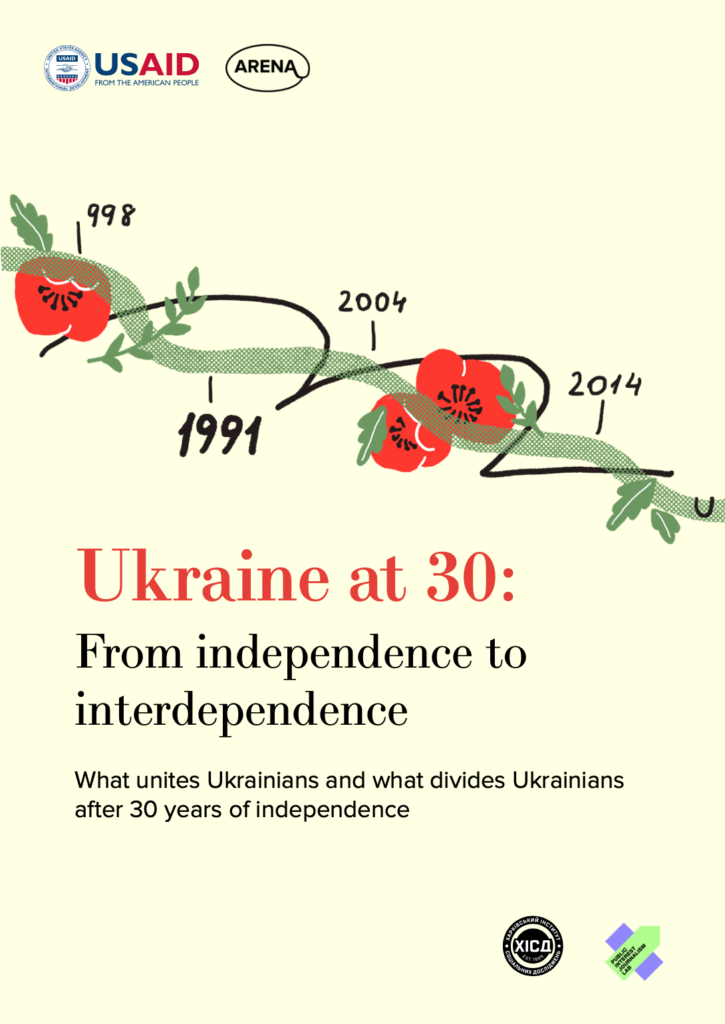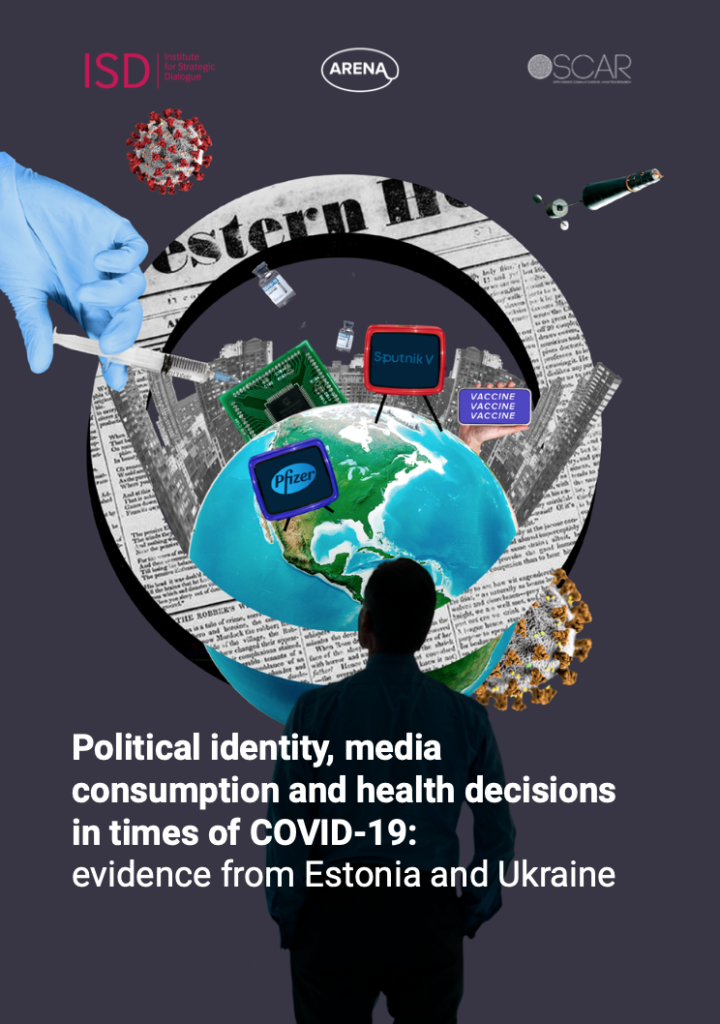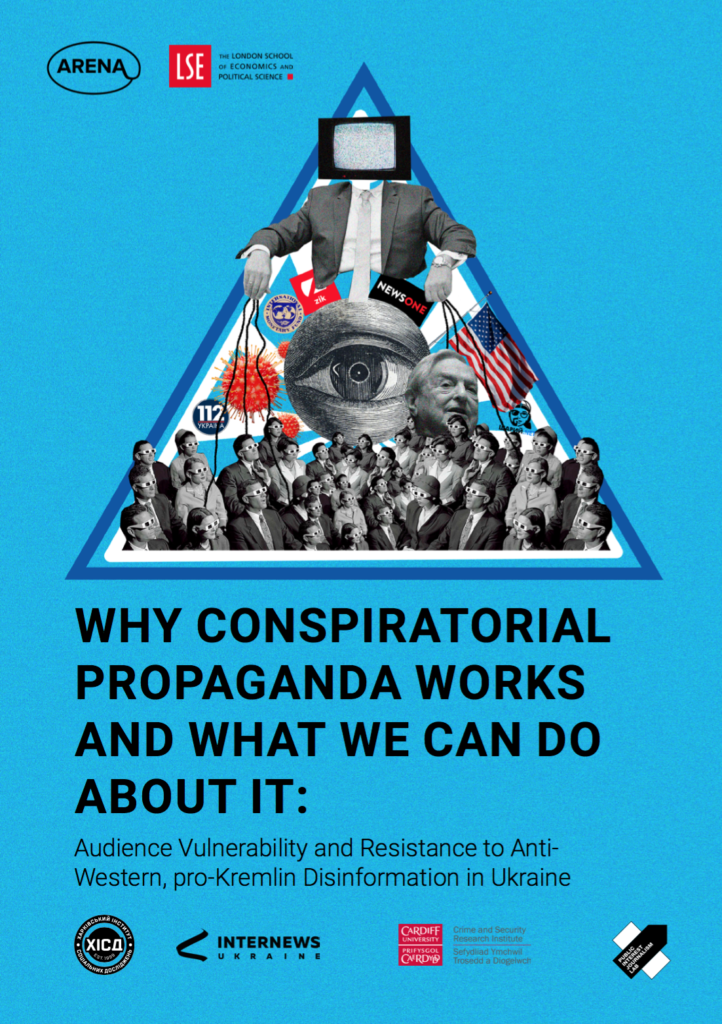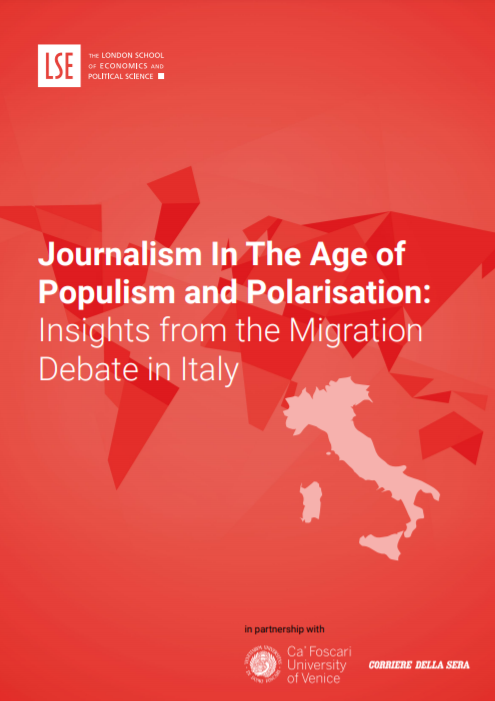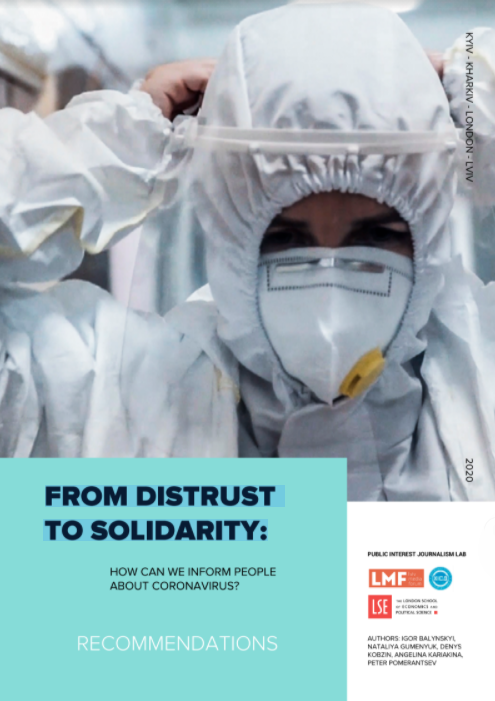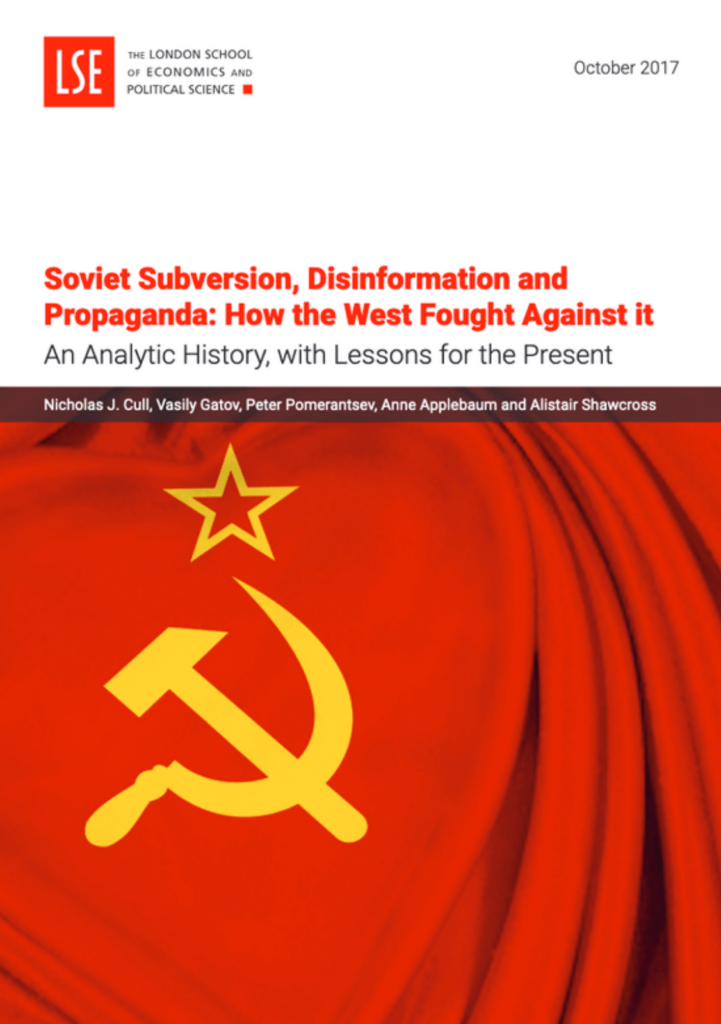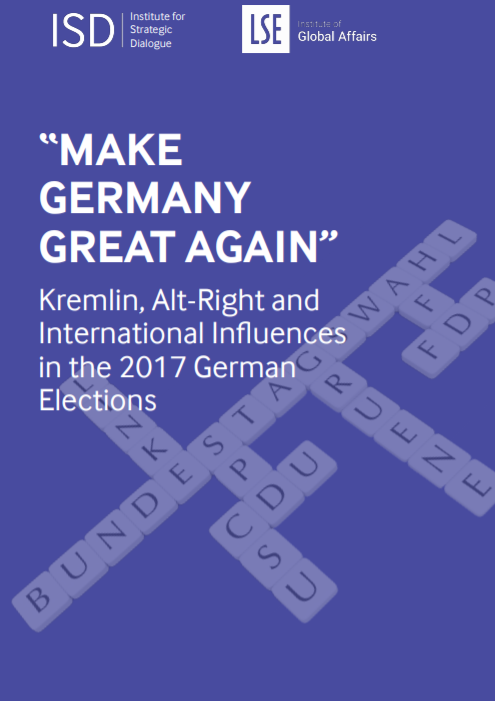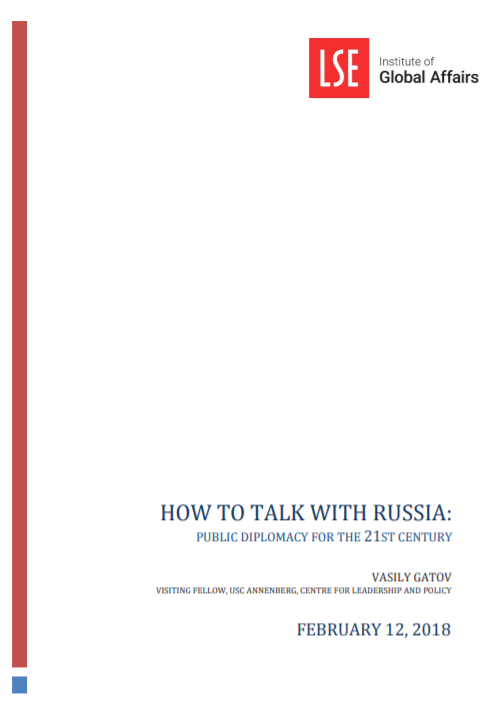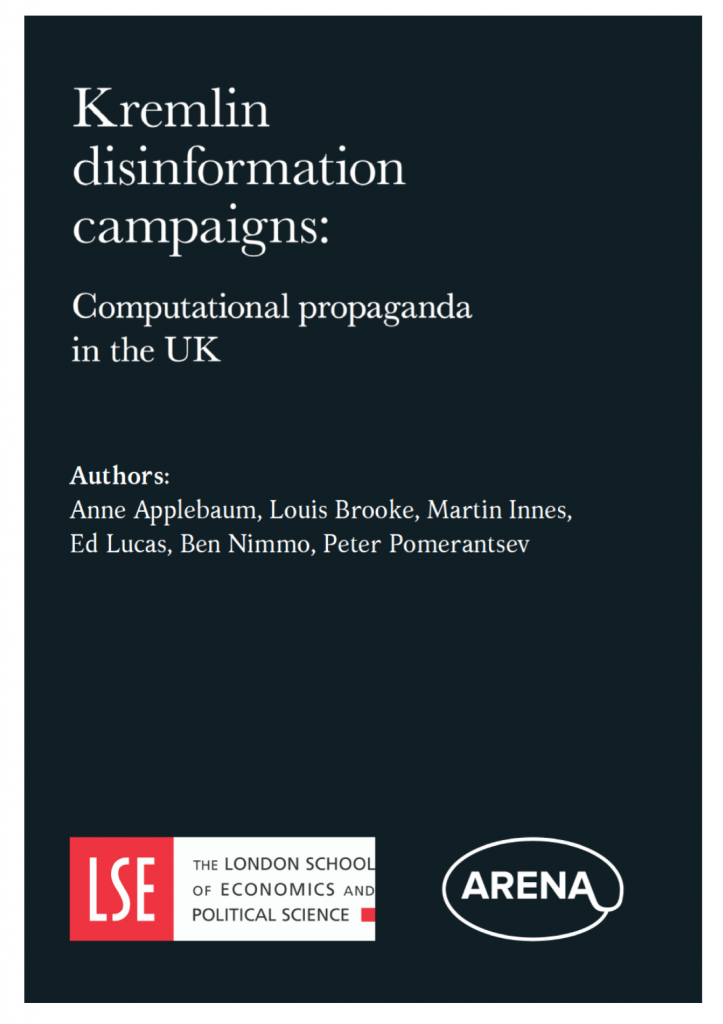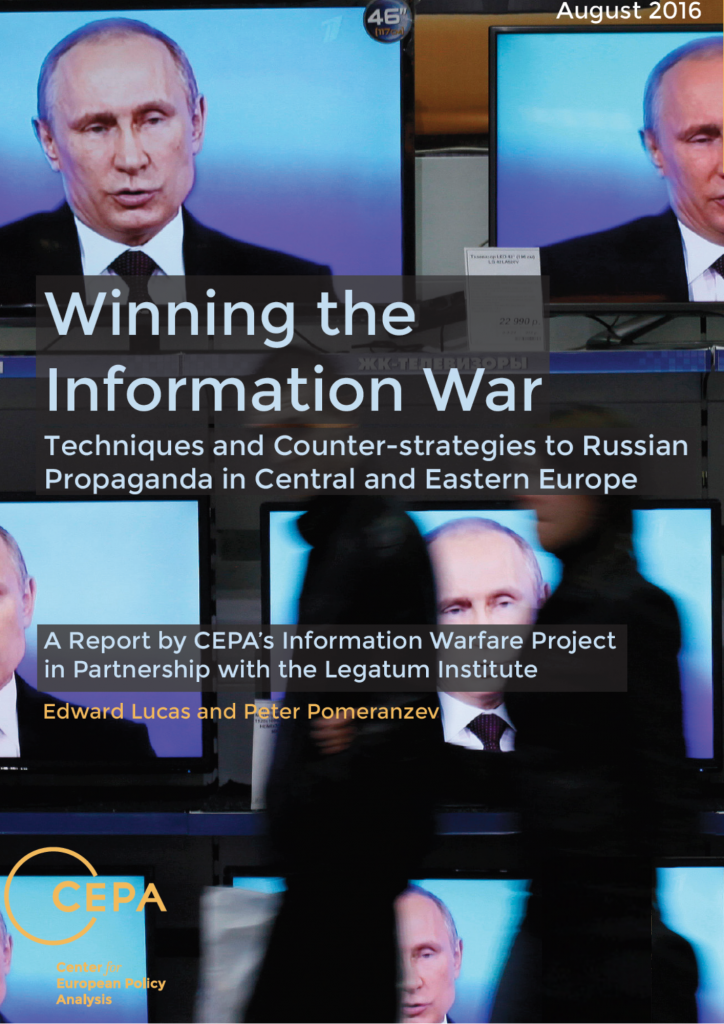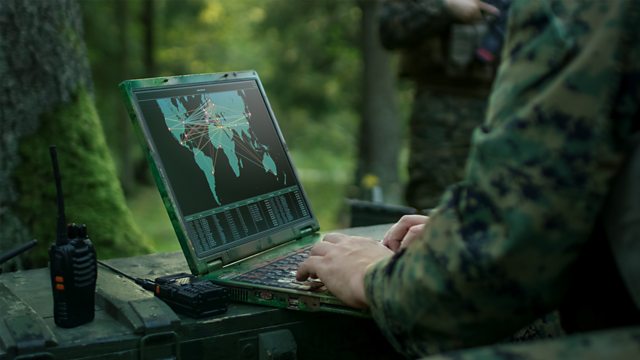

Overcoming the challenges of disinformation and polarisation
Research program based at the SNF Agora Institute at Johns Hopkins University

About
Arena is a research program dedicated to overcoming the challenges of disinformation and malign propaganda that endanger democracy. Arena seeks to foster a pluralistic and resilient public sphere fit for the digital age.
Based since 2021 at the SNF Agora Institute at Johns Hopkins University, Arena’s initial projects were conducted at the London School of Economics and Political Science (LSE). Our projects bring together academia, media and civil society – computer scientists and story-tellers, social science and the humanities – in order to analyze disinformation campaigns, to understand their impact on audiences and to design innovative counter-measures. They include elements of data science, polling, content creation and historical analysis. To date we have conducted research in Ukraine, Hungary, Italy, Sweden, Russia and Germany.
Unlike many academic or think tank projects, Arena does not simply analyze the changing nature of information. Instead we create content and then measure its impact, using a methodology rooted in academic rigor and practice.

Publications
Report "Ukraine at 30: From Independence to Interdependence"
Ukraine’s 30th ‘birthday’ is a great occasion to remind ourselves that independence is a work in progress. Which values, passions, and behaviours unite after 30 years of independence- and which divide? Which experiences have built cohesion, and how is Ukrainian democracy still vulnerable? What, ultimately, does independence mean to Ukrainians- and how can we build an information environment that strengthens it?
Over the past year, the Arena Program, the Public Interest Journalism Lab and the Kharkiv Institute for Social Research have carried out focus groups with Ukrainians of different backgrounds across the country, including the NGCA, to explore what people think of the key events of the last thirty years. We asked about the 1990s and the revolutions of 2004 and 2014; about popular culture and Soviet history; about what makes people proud and what they hope for. The results are often surprising. Ukraine is more united on the topics many think divide it. But there are still structural weaknesses that can easily be exploited by malign forces. We also make concrete suggestions on how media and other communicators should respond.
Report "Political identity, media consumption and health decisions in times of COVID-19: evidence from Estonia and Ukraine"
Health choices should be informed by science, and not by partisan identity and political propaganda. However, during the COVID-19 pandemic, health and science issues have become increasingly politicised and exploited by malign actors seeking to promote pernicious polarisation within and between societies.
COVID-19 has become a focus of the Russian state’s overt and covert foreign information operations, especially among Russian speakers in the countries it borders, such as Ukraine and Estonia. What is the impact of these operations? To what extent do they define people’s attitudes and behaviours around COVID-19 and vaccines? Do people ‘prefer’ Russian vaccines if they are on Russia’s side in geopolitical conflicts? Have health and science issues become subordinate to questions of political identity – or is there hope that evidence and facts will reach audiences irrespective of their cultural and geopolitical inclinations?
Report "Moving Beyond Polarising Populist Propaganda: the Case of Hungary”
“Patriots” versus “Globalists”; “The Real People” versus “Rootless Cosmopolitans”. These sort of crass binary framings are popular among both authoritarians and what are sometimes termed “illiberal populists”. Hungary is seen as a poster child for such polarizing propaganda strategies.
However, our research reveals important social trends hidden beneath the simplistic framing of Hungary as a divided nation. Using media monitoring, polling and focus groups our results indicate that surface political polarization disguises a broader consensus among the Hungarian people about values, priorities and Hungary’s place in the world. Despite continued exposure to polarizing narratives, populist propaganda is vulnerable.
Report "Why Conspiratorial Propaganda Works and What We Can Do About It"
Conspiratorial propaganda is increasingly used by mainstream political actors to undermine democratic values and institutions. Conspiracy theories about the philanthropist George Soros flourish across the world, as do fake stories about secret medical experiments run by “deep state” Western powers.
The Kremlin and its proxies in Ukraine use such conspiratorial disinformation to argue that the West is no better than Russia, and that the country should abandon democratic reforms.
This research project explored audience vulnerability and resistance to such narratives, through a combination of media monitoring, polling and focus groups. We found that conspiratorial disinformation resonates with many people’s deep-seated perceptions: a zero-sum vision of the world and a lack of agency. Challenging conspiratorial propaganda will mean engaging with these underlying issues.
Report "Journalism in an age of populism and polarisation: lessons from the migration debate in Italy"
Migration is a hot-button issue often used by illiberal politicians to stoke anger and division. How can media cover such topics and minimize toxic reactions and polarization, and improve civic discourse?
Over a year, Arena worked with the Italian Newspaper Corriere della Sera and the University of Venice to measure the effect of different approaches to writing about migration in Italy. How do reactions differ when one uses data journalism or constructive news, opinion pieces or human interest pieces?
Arena and our partners established a unique set of ‘public service spirited’ metrics and analyzed thousands of online comments. The results are often deeply counter-intuitive. Perhaps the main recommendation, however, is that media need to move away from measuring success purely through the economy of online likes and shares, which often fuel polarization, and include more qualitative measurements.
See translations of the Executive Summary in French, Spanish and Italian.
Report "From 'Memory Wars' to a Common Future: Overcoming Polarisation in Ukraine"
Throughout the world, history has been weaponized by authoritarian regimes and illiberal populists to stoke partisan divisions and undermine evidence-based discussion of the past.In Ukraine, for example, the Kremlin has often used historical controversies connected to the Second World War as well as lingering nostalgia for the Soviet Union to set social groups against each other, to drive ethnic and geographical divisions and to undermine trust in democratic reforms.
How can public service spirited media, civil society and others explore historical topics without playing into the polarizing strategies of malign propaganda?
In this two-year project we initially we carried out extensive social research into both the historical issues that divide Ukrainians, as well as the underlying social values that unite polarized groups. Based on these findings we worked with Hromadske, an independent Ukrainian media outlet, to create video content designed to bring different groups together into a constructive discussion of historical issues. Finally, we analyzed audience responses in order to develop a set of best practices for public-spirited media in Ukraine. The methodology can be applied in any market battling polarization and propaganda around history.
Following this project, our partners at the Public Interest Journalism Lab won funding to create a series of history documentaries, based on the recommendations from our research. The documentary series Our 30 years has been shown on Ukraine’s public broadcaster and can also be viewed online (with English subtitles available). Watch here.
Recommendations "From Distrust to Solidarity: How can we inform people about Coronavirus"
How can media communicate stories about Coronavirus in a climate of distrust, fear and disinformation? In Ukraine, disinformation around the Covid crisis has stoked panic and even led to violence.
Arena supported the Public Interest Journalism Lab in their analysis of Ukrainian citizens’ attitudes toward COVID-19, and tested how different types of video content affect viewers. The results show how public service spirited media can best cover the crisis.
Report "Soviet Subversion, Disinformation and Propaganda: How the West Fought Against it"
Disinformation campaigns and information war are nothing new. What can we learn from the past to make use of in the present?
This report, written together with leading historians, looks at how the West responded to Soviet disinformation campaigns. What was the role of media, government and civil society? Which of these lessons can be applied today and how? What mistakes can we avoid repeating?
Report "Smearing Sweden, International Influence Campaigns in the 2018 Swedish Election"
Elections are not just domestic issues anymore. In the digital era any number of foreign forces can easily interfere, often in highly covert ways.
Combining media monitoring, digital mapping and investigative reporting this project monitored foreign interference in the 2018 Swedish elections. We unearthed a consistent and concerning information campaign targeting Sweden’s reputation from far-right networks across the US, UK, France, Germany, Poland and Hungary. This campaign has also been promoted on an ongoing basis by Kremlin-sponsored media in various languages.
The report provided recommendations to Swedish and international policymakers, media and civil society on how to build a proportional and effective response to online election interference.
Report "Make Germany Great Again"
This Arena-ISD report used a combination of media monitoring, computational analysis and investigative journalism to expose foreign interference in the Bundestag elections of 2017.
The report found that a mixture of inaccurate Russian state-sponsored news and pro-Kremlin social media manipulation was used to reinforce socially divisive issues such as immigration and to promote the distrust of democratic institutions. The aim was to benefit the AfD party, a pro-Kremlin far-right party. At the same time, far-right forces from across the world waged covert campaigns online with the same aim.
The project exposed this Kremlin/international far-right online nexus, popularizing our findings by working with journalists at Buzzfeed, Der Spiegel and Die Welt.
The report includes a series of recommendations for domestic and international civil society, policymakers and German media who wish to build a sustainable and effective response to the new era of foreign interference.
Report "How to Talk with Russia: Public Diplomacy for the 21st Century"
This paper by leading Russian media expert Vassily Gatov gives practical recommendations on how public diplomats, civil society and media can reach out and engage the Russian people online. As political relations worsen, such outreach becomes ever more important. But how can one break through the conspiratorial mindsets and distrust towards any foreign voices that is pushed by the Kremlin’s propaganda?
Kremlin Disinformation Campaigns: Computational Propaganda in the UK
This report brought together case studies showing Kremlin online campaigns targeting the UK, including during the Scottish referendum and in the wake of terrorist attacks. This was one of the first summaries of what has since become a major focus of British policy.
Report “Winning the Information War”
This paper, one of the first comprehensive accounts of the operation of Russian disinformation in Europe, was published in partnership with the Center for European Policy Analysis (CEPA) ‘Information Warfare Initiative.’ Authored by Peter Pomerantsev and Edward Lucas and edited by Anne Applebaum, it explained Russian tactics and suggested techniques and counter-strategies to combat Russian propaganda in Central and Eastern Europe.
Key takeaways from this report were also covered in article for The Washington Post, authored by Anne Applebaum and Ed Lucas.
People




Arena seeks to promote a public discourse that enhances democratic resilience and entrenches trust. We work with partners in different countries, distilling common best practices and insights.
Arena’s directors were among the pioneers in this new field. From 2014-2017, they ran a research project at the Legatum Institute, called ‘Beyond Propaganda’, which analysed 21st century propaganda, sought solutions, and set the agenda on this issue. They have given evidence to the US Senate, Congress and UK Parliament, advised European and US governments on counter-propaganda strategy, and held numerous seminars at a wide range of organizations, including the EU Commission, European Parliament and NATO. Ideas and insights borne directly from this research project have been quoted by senior officials, including the US Undersecretary for Public Diplomacy, and have helped shape the programs of the British Foreign Office, USAID, the US Agency for Global Media and the Swedish Civil Contingency Agency.

Anne Applebaum
Anne Applebaum is a journalist and prize-winning historian. She is a staff writer for the Atlantic magazine and a Senior fellow at the SNF Agora Institute, Johns Hopkins University. Her books include Red Famine: Stalin’s War on Ukraine; Iron Curtain: The Crushing of Eastern Europe 1944-1956; and Gulag: A History, which won the 2004 Pulitzer Prize for non-fiction. Her most recent book is the New York Times bestseller, Twilight of Democracy, an essay on democracy and authoritarianism. She was a Washington Post columnist for fifteen years and a member of the editorial board. She has also been the deputy editor of the Spectator and a columnist for several British newspapers. Her writing has appeared in the New York Review of Books, The New Republic, the Wall Street Journal, Foreign Affairs and Foreign Policy, among many other publications.
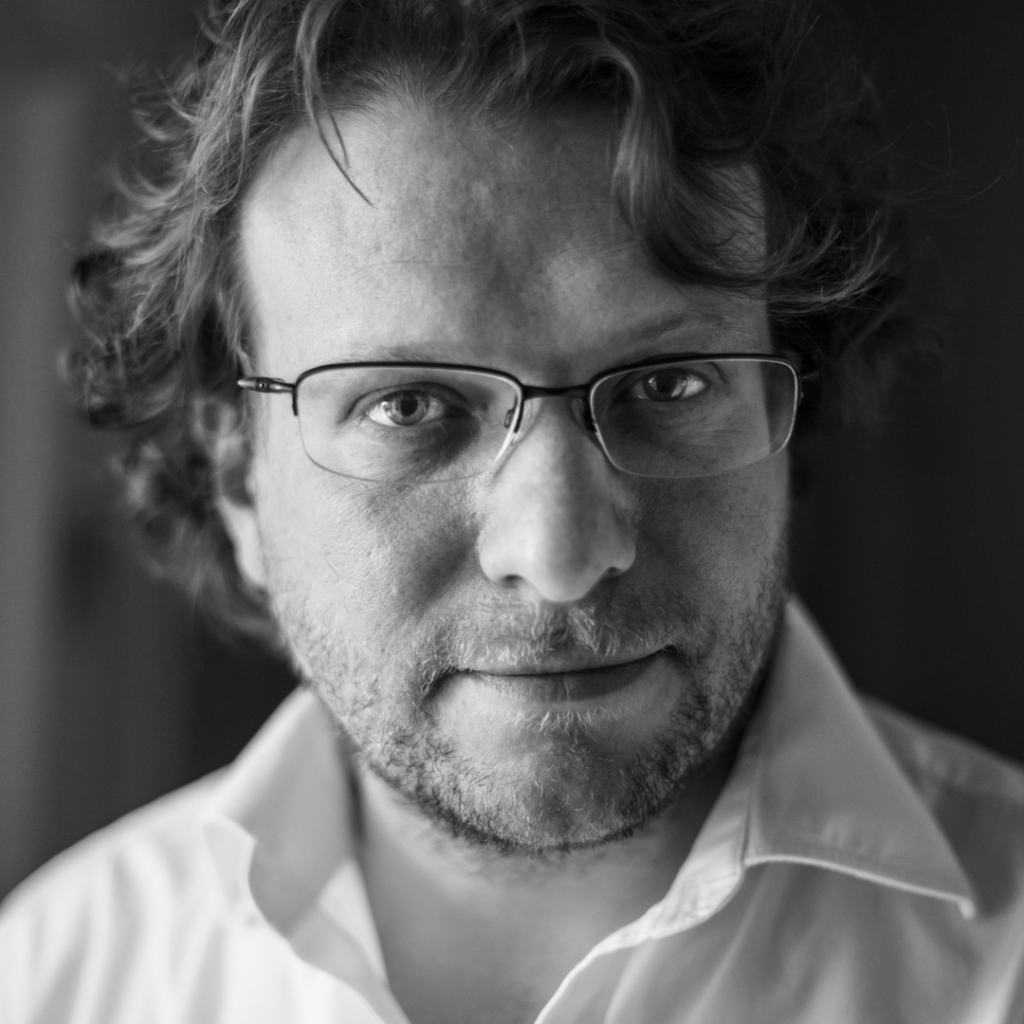
Peter Pomerantsev
Peter Pomerantsev is a Senior Fellow at the SNF Agora Institute at Johns Hopkins University, and an author and TV producer. He specialises in propaganda and media development, and has testified on the challenges of information war to the US House Committee on Foreign Affairs, US Senate Committee on Foreign Relations and the UK Parliament’s Defence Select Committee. Specialist Advisor on the UK Parliamentary Committee on Fake News.
Peter writes for a wide range of publications, including the Financial Times, the London Review of Books, Politico, Atlantic and many others. His book on Russian propaganda, Nothing Is True and Everything Is Possible, won the 2016 Royal Society of Literature Ondaatje Prize and was nominated for a number of others, including the Samuel Johnson Prize, the Guardian First Book Award, the Pushkin House Russian Book Prize and The Gordon Burn Prize. It has been translated into over a dozen languages. Peter’s latest book, This is Not Propaganda won the 2020 Gordon Burn prize.

Maria Montague
Maria Montague is the projects’ manager and researcher for the Arena program. She joined the team in January 2019 from the Chatham House Russia and Eurasia programme where she worked previously. Maria holds a BA in French and Russian from the University of Cambridge, and an MPhil in Ukrainian Studies. Alongside her work with Arena, Maria also curates cultural projects and events with the Ukrainian Institute London, as Deputy Director. Maria has a background in theatre, and she directed the production MAKLENA which had a UK tour in 2018, and was performed in Kyiv and Kharkiv in Ukraine in 2019.
Arena engage with different researchers dependent on the project and geography. Some of our regular collaborators include:

Sophia Gaston
Sophia Gaston is a social and political researcher, who conducts international, citizen-focused projects on social and cultural crises, political change, the media and democracy – with a focus on threats to governance in Western nations. She is currently a Visiting Fellow at the LSE’s Institute for Global Affairs.
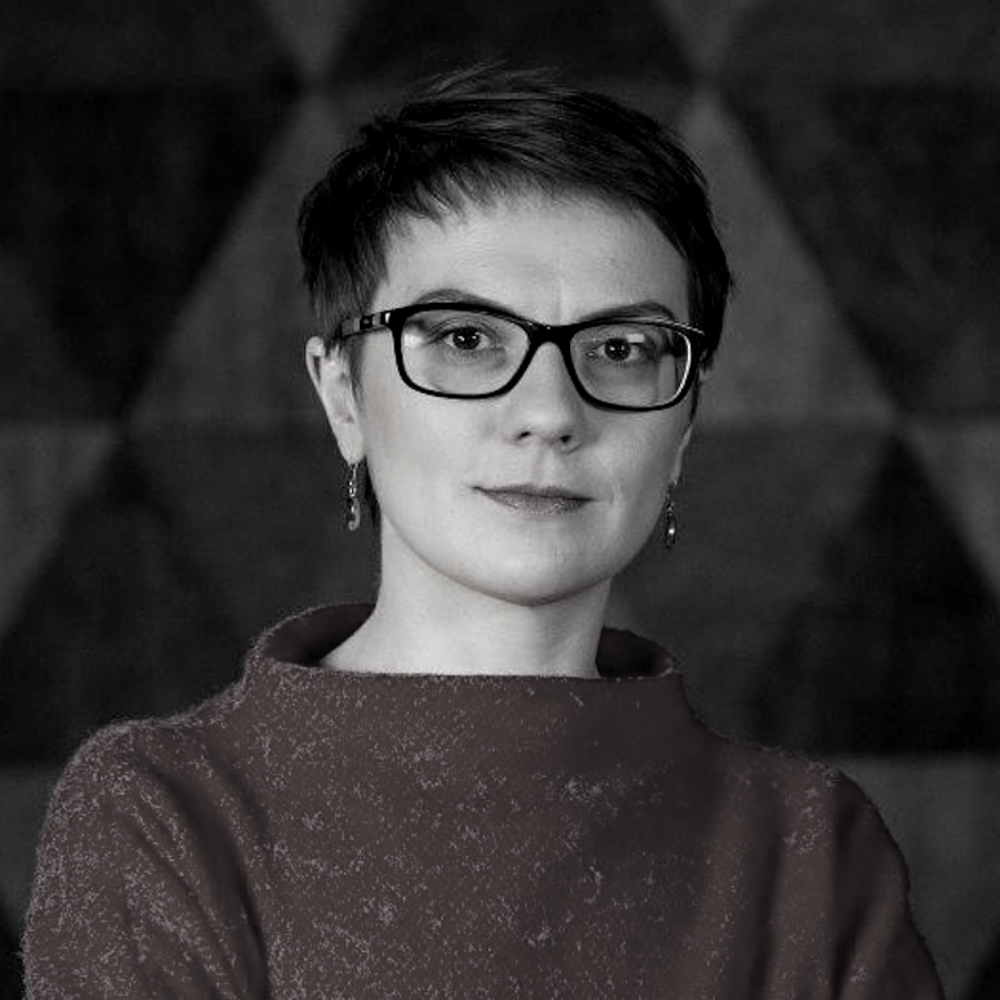
Nataliya Gumenyuk
Nataliya Gumenyuk is a Ukrainian author, documentary filmmaker and journalist specialized in conflict reporting. Nataliya is CEO and founder of Public Interest Journalism Lab aimed at popularising public spirited journalism and overcoming polarization. Since the Revolution of Dignity and the beginning of the war in Ukraine, she has been reporting on events in the Donbas, and one of few journalists regularly traveling to occupied Crimea. In 2020 she has published the book of reportages Lost Island. Tales from Occupied Crimea based on 6 years of her reporting. The book has been published in German. Gumenyuk is co-founder, and from 2013 till 2020 a special correspondent and head of Hromadske TV. She has worked as a reporter in more than 60 countries and is the author of the book Maidan Tahrir (published 2015), a collection of journalistic stories written while reporting in the Middle East during period of revolutionary transformation. Gumenyuk is a German Marshall Memorial Fund Fellow 2017, and Draper Hill Fellow at Stanford University (2018).

Garvan Walshe
Garvan Walshe is CEO of Article 7 Strategies, and Chair of Unhack Democracy. He holds a PhD from the University of Manchester and has been a Max Weber Fellow at the European University Institute. He was previously foreign policy adviser for the British Conservative Party.

Oksana Lemishka
Oksana Lemishka is a sociologist passionate about translating research into cultural products and actionable strategies. An Associate at the Centre for Sustainable Peace and Democratic Development and a freelance researcher, she has been consulting USAID programmes, UN agencies, the Ministry of Culture and Information Policy of Ukraine and the Ministry of Temporarily Occupied Territories of Ukraine on the issues of social cohesion, culture and peacebuilding.
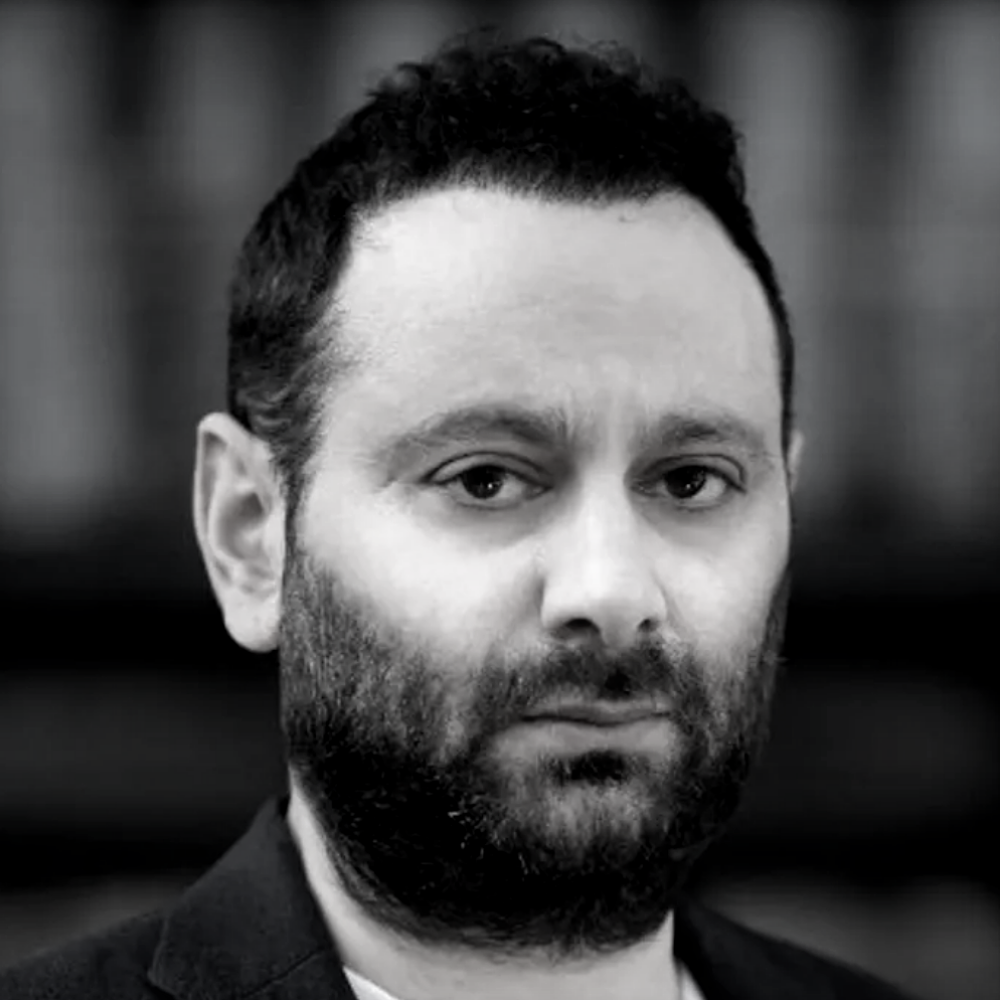
David Patrikarakos
David Patrikarakos is a journalist, author and TV producer, best known for his acclaimed book War in 140 Characters: How Social Media Is Reshaping Conflict in the Twenty-First Century. He is also a contributing editor at the Daily Beast and a contributing writer at Politico Europe. In 2014 he was appointed a Poynter Fellow at Yale University and is currently a Non-Resident Fellow in the School of Iranian Studies, at the University of St Andrews.
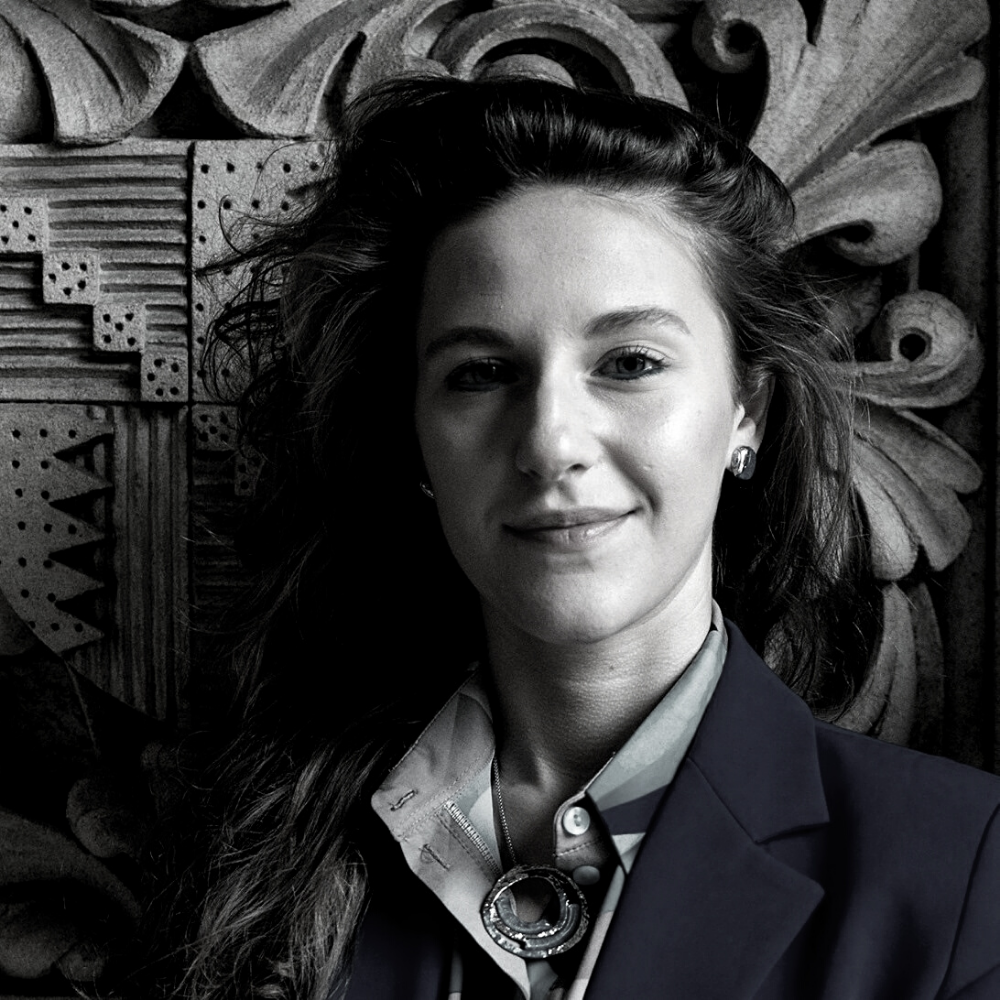
Jaroslava Barbieri
Jaroslava Barbieri is a doctoral researcher at the Department of Political Science and International Studies, University of Birmingham. Her research interests are Russian foreign policy, Eurasian security and democratisation in the Eastern Partnership countries. Her latest focus is Russia’s support to de facto states in Ukraine, Moldova and Georgia. Jaroslava has commented on post-Soviet affairs for Ukrayinska Pravda, Day Newspaper, and Oxford Analytica. Her latest publication The Dark Side of Decentralisation Reform in Ukraine: Deterring or Facilitating Russia-Sponsored Separatism? appeared in an edited volume for Palgrave Macmillan. Previously, she was a research consultant for the Ukrainian Institute and EU-STRAT and a research assistant for the Conflict Studies Research Centre. Jaroslava holds an MPhil degree in European Politics from the University of Oxford.

Volodymyr Yermolenko
Dr Volodymyr Yermolenko is a Ukrainian philosopher, journalist and writer. Volodymyr is the analytics director at Internews Ukraine, one of the biggest and oldest Ukrainian media NGOs, as well as chief editor of UkraineWorld.org, a multimedia project in English about Ukraine. Volodymyr is senior lecturer at Kyiv-Mohyla Academy and an acclaimed author (non-fiction and fiction): winner of Petro Mohyla Prize (2021), Yurii Sheveliov Prize (2018), Book of the Year prize in Ukraine (2018, 2015) and others. He is also a member of the board of International Renaissance Foundation (OSI Network) and a member of Supervisory board of Ukrainian Institute (2018-2021). Volodymyr is a public lecturer, columnist at Krayina Magazine and NV.ua, and the author of numerous articles in international and Ukrainian media. His texts have been published in Ukrainian, English, French, German, Russian, Dutch, Norwegian and Polish.

Partner Organisations
Arena works with media and civil society organizations to ensure that our research has real world impact.
Media etc
Highlights from Arena team members writing, talks, podcasts and additional reports on Arena subjects
An extended essay by Arena’s directors on what an internet in line with democratic values could look like
Our democratic habits have been killed off by an internet kleptocracy that profits from disinformation, polarization, and rage. Here’s how to fix that.
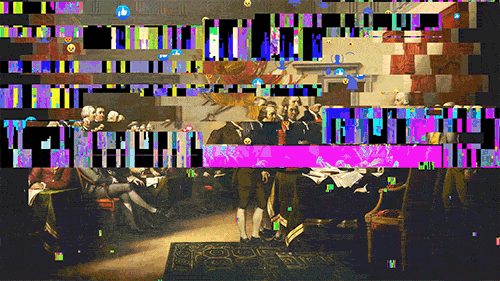


Disinformation has polarized democratic societies and threatens to make common, evidence-based debate impossible. Peter Pomerantsev, Piroska Nagy-Mohácsi, Ben Grazda and the LSE Maryam Forum Democracy and Disinformation Working Group suggest how to turn the tide.

Multimedia project for Ukraine’s national broadcaster, exploring the 30 years of Ukrainian independence, based on recommendations from Arena’s research project ‘From Memory Wars to a Common Future’.
BBC Radio documentaries by Peter Pomerantsev on disinformation and democracy

How influencers are trying – and succeeding – in changing our world views. Peter Pomerantsev investigates.

Peter Pomerantsev asks why new techniques in political campaigning have succeeded and what the consequences are for society.
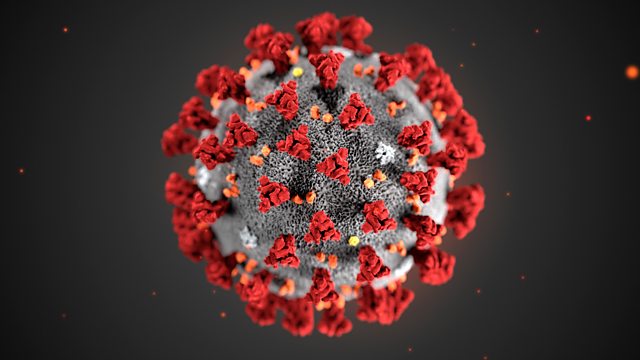
Is a global health crisis the moment we are forced to agree on a common set of facts and to respect the same sources of truth?
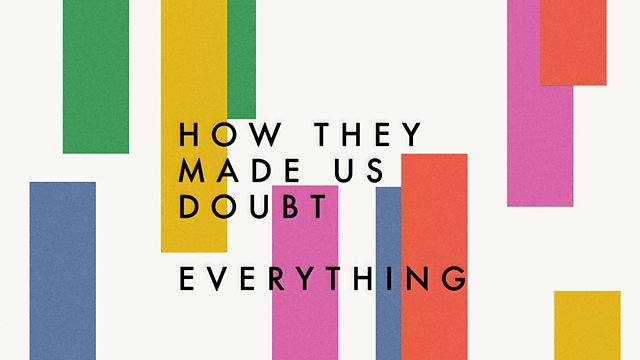
From climate change to smoking and cancer, this is the story of how to manufacture doubt.

Arena. © All rights reserved
